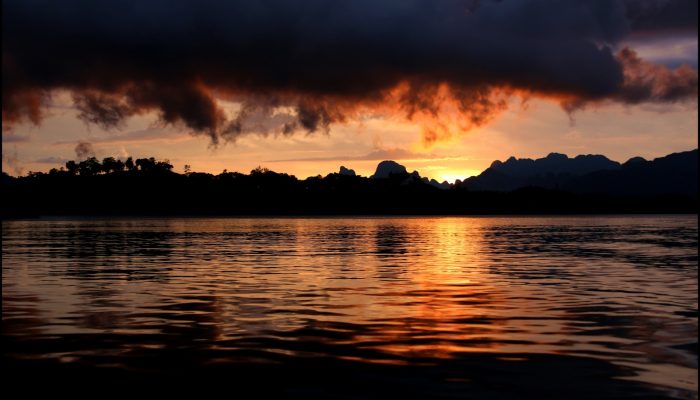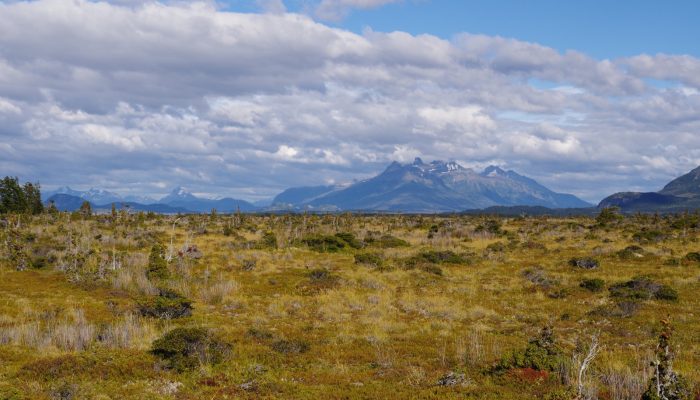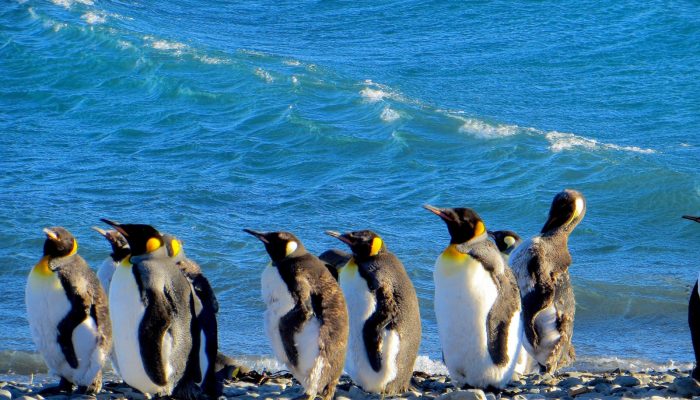A blazing sky and shimmers cast by water ripples frame the spectacular beauty of one of the world’s oldest treasures: an evergreen rainforest in Thailand. Today’s featured image was captured by Frederik Tack, of the Institute for Space Aeronomy in Brussels. This picture was taken during sunset between the limestone mountains with the sunlight reflecting on beautiful Ratchaprapha lake i ...[Read More]
Imaggeo on Mondays: One of the oldest evergreen rainforests in the world




